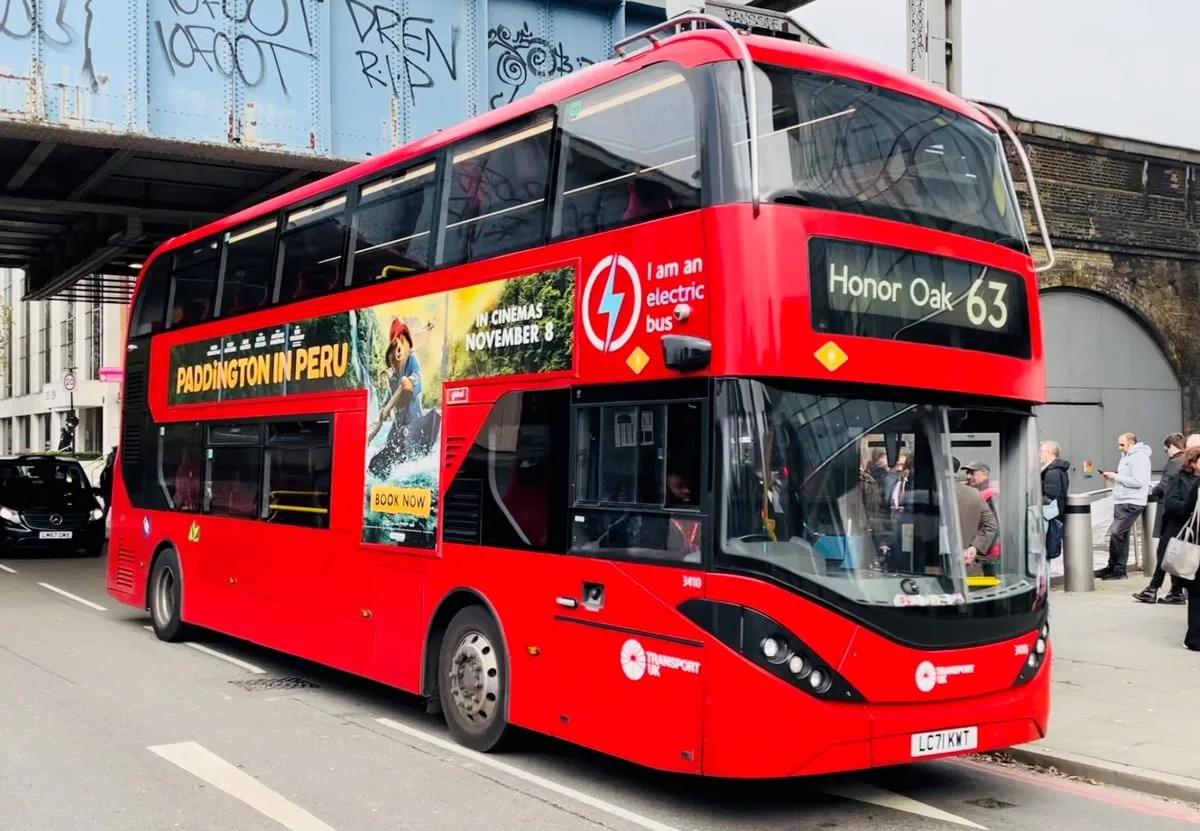Overview of the Ongoing Bus Strike in the UK

Introduction
The recent bus strike in the UK has drawn significant attention as it disrupts daily commutes for thousands of passengers. With public transport being a lifeline for many, the implications of this strike are far-reaching, affecting students, workers, and low-income families alike. Understanding the reasons behind the conflict and its consequences is crucial for both current and future transport policies.
Main Body
The strike, which began on October 1, 2023, involves bus drivers across several major cities, including London, Manchester, and Birmingham. Union representatives have stated that the strike arose from ongoing disputes over pay, working conditions, and job security. The drivers are demanding a 10% wage increase to combat the rising cost of living amidst inflation rates that have affected many sectors.
According to the National Union of Rail, Maritime and Transport Workers (RMT), negotiations between the bus companies and union officials have failed to yield satisfactory results, leading to the escalation of the situation. The strike is expected to last for several weeks, causing considerable disruptions for commuters. Reports indicate that bus services have been suspended in some areas, leading to an increase in car usage and, consequently, worsening traffic conditions.
Public Reaction and Impact
Passenger reactions have been mixed; while some sympathise with the drivers’ plight, others express frustration over the inconvenience. Local businesses, particularly those reliant on customer foot traffic, are also feeling the pinch as fewer people are able to travel. Transport for London (TfL) has encouraged alternative modes of transport, such as cycling and walking, as well as promoting ridesharing services to alleviate congestion on the roads.
Conclusion
The ongoing bus strike highlights the critical challenges facing the public transport sector and the need for sustainable resolutions that not only address the immediate concerns of workers but also ensure reliable services for passengers. As negotiations continue, the government may need to step in to mediate the situation, potentially paving the way for policy reforms that could help prevent future strikes. For commuters, staying informed about the developments will be essential, as the strike’s outcome may significantly impact transport options across the region for the foreseeable future.
